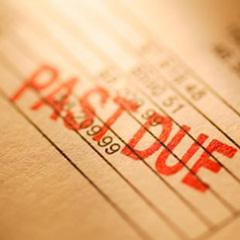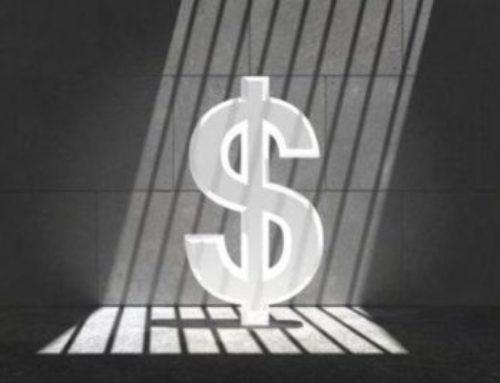While the Fair Debt Collection Practices Act (FDCPA) was enacted during the 1970s in an effort to protect the rights of consumers dealing with potentially abusive or harassing creditors, the law has come under much scrutiny in recent years – both from consumer advocacy groups and creditors alike.
Not Enough Protection for Consumers
Consumers claim the law does not provide enough protection from harassing creditors. The penalties are not serious enough to completely deter creditors from violating the act. In fact, since the FDCPA was passed, its maximum award upon penalty is $1,000 plus reasonable attorneys fees for the debtor. The penalty amount has not risen with inflation over the past four decades, which means that, by today’s standards, the maximum award should be more than triple what it was in the 1970s.
Frivolous Lawsuits
The debt collection industry has complained that this law has increased the number of frivolous lawsuits that the companies deal with, as many consumers allegedly file FDCPA violation lawsuits in bad faith or in response to a minor technical infraction of the law. The creditors claim that the inordinate amount of frivolous lawsuits they deal with is impairing their ability to do their jobs, i.e. to collect debts. Debt collection agencies have also griped that the antiquated FDCPA has not kept up with modern technologies and that, because the law is a certain degree out of date, it can confuse debt collectors and cause them to inadvertently violate the law.
One classic example lies in the notion of leaving a message for a debtor on an answering machine; although creditors are technically not allowed to disclose the debtor’s debt to third parties (except for a spouse or an attorney), leaving a message on an answering machine can cause this to inadvertently happen, which can put creditors in an impossible position.
Although few consumers are quick to be concerned about gripes that creditors may have, it seems that, in terms of the FDCPA, there is one thing that both debtors and creditors agree upon – it is time to update the law.
If want to know how the FDCPA can help you, be sure to talk to us first. We can give you experienced bankruptcy advice and provide you with the best options for moving forward. Each case is unique, and we are dedicated to helping those in debt resolve their financial headaches so they can live productive lives.












